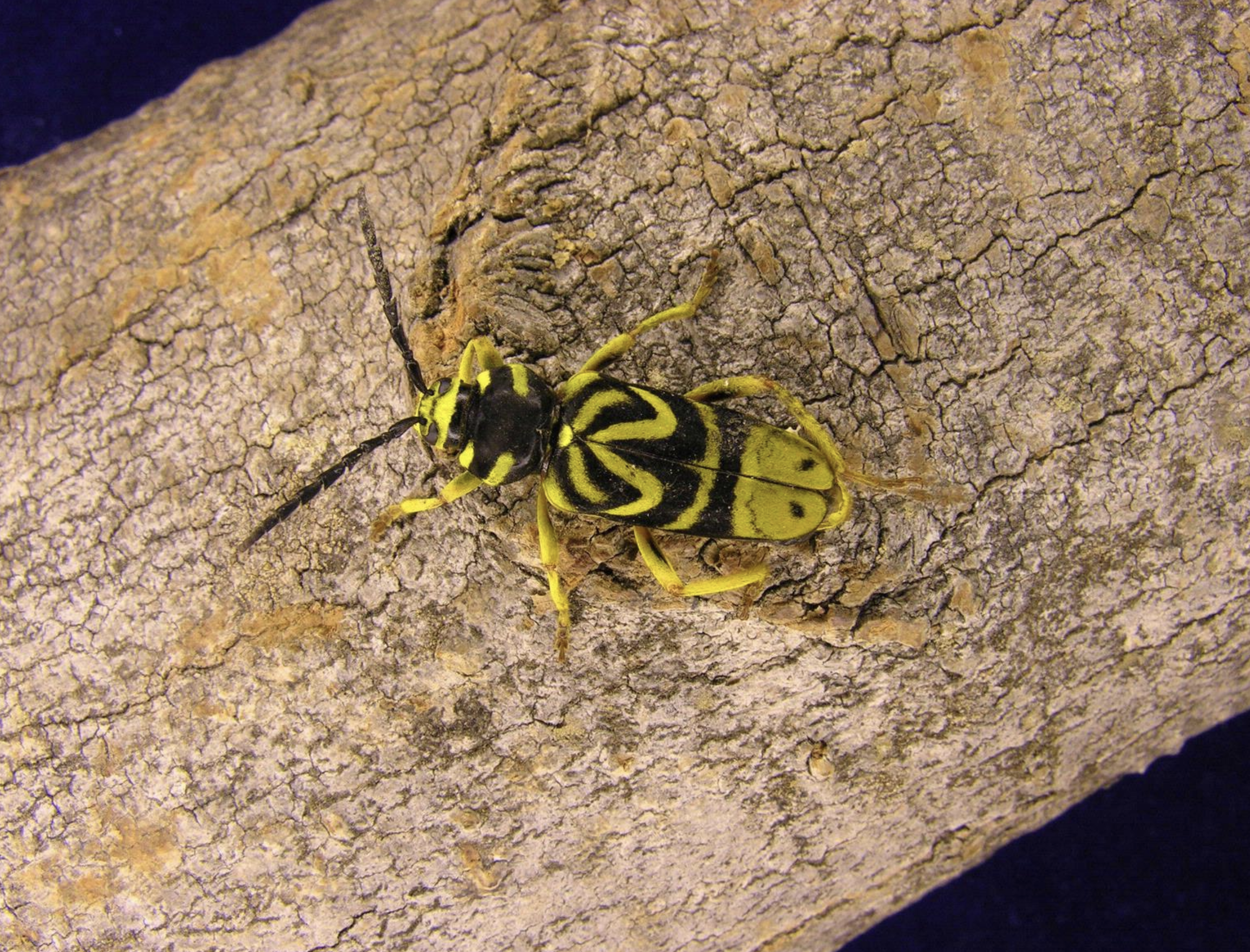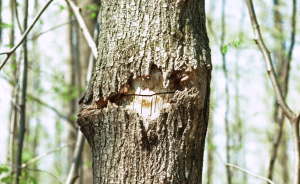
See all posts by this author
Maple borers, can cause significant damage to maple trees by tunneling into the wood. Damage from these borers can weaken trees and make them susceptible to breakage and other pests and diseases.
Of course, prevention and treatment for maple borers in the Charlotte area is included in a Plant Health Care subscription from Arborscapes. (As are myriad other pests and diseases) If you would like to become a part of our Plant Health Care program, reach out to Arborscapes today! Your living landscape will be the envy of the entire neighborhood!

Photo courtesy of Steven Katovich, Bugwood.org
Here’s how you can treat and manage maple borer infestations:
Cultural and Environmental Controls:
- Tree Health: Maintaining tree health is a primary defense against borers. Ensure your maple tree receives proper watering, especially during drought conditions. Using mulch can help maintain soil moisture and regulate temperature.
- Avoid Injury: Avoid wounding the tree with lawn mowers, string trimmers, or other equipment. Wounds can attract adult borers to lay eggs.
- Proper Pruning: Prune dead or infested limbs to reduce potential borer habitat. Ensure you’re pruning at the right time of year (typically late fall to winter) to prevent attracting more borers.
Chemical Controls:
- Trunk and Branch Sprays: Insecticides containing permethrin, bifenthrin, or carbaryl can be applied to the tree trunk and major branches in late spring or early summer to target adult borers and prevent egg-laying. Ensure you cover the bark thoroughly.
Monitoring:
- Regularly inspect your maple trees for signs of borer activity. Look for exit holes, sawdust-like frass, and oozing sap.
- Using traps can help in monitoring adult borer activity. Pheromone traps can attract adult borers, giving you an indication of their presence and activity levels.
Sanitation:
- Promptly remove and destroy infested or dead trees to prevent them from serving as breeding grounds for more borers.
Biological Controls:
- Some parasitic wasps and nematodes can target borer larvae. While they might not provide complete control, they can be a part of an integrated pest management approach.
It’s essential to recognize that while chemical treatments can be effective against borers, they should be used judiciously and in combination with cultural and other methods for best results. Regularly monitoring trees and addressing problems early on will reduce the need for more aggressive treatments and ensure the health and longevity of your maple trees.
And if all of this sounds like too much work, contact Arborscapes to subscribe to our Plant Health Care program, and we will take care of this, other pests, fertilization and health concerns for your living landscape!
Sugar Maple Borer photo courtesy of Ronald S. Kelley, Vermont Department of Forests, Parks and Recreation, Bugwood.org
See all posts by this author
